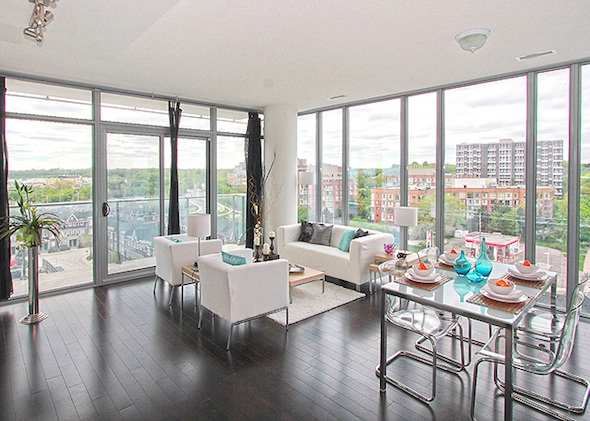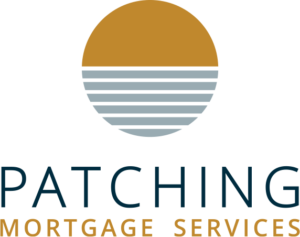Condo 101
 So lets start this article by defining what a condo is. A condo refers to a form of legal ownership, as opposed to a style of construction. Although they are commonly thought of as units in high-rise residential buildings, they can also include low-rise residential buildings (fewer than four storeys), townhouse or rowhouse complexes, stacked townhouses, duplexes, triplexes, single-detached houses, or vacant land upon which owners may build.
So lets start this article by defining what a condo is. A condo refers to a form of legal ownership, as opposed to a style of construction. Although they are commonly thought of as units in high-rise residential buildings, they can also include low-rise residential buildings (fewer than four storeys), townhouse or rowhouse complexes, stacked townhouses, duplexes, triplexes, single-detached houses, or vacant land upon which owners may build.
Owning a condominium is different in a number or ways from owning a traditional single-family home. For example:
- Condo owners own both their own private unit as well as a portion of all shared common elements, such as lobbies, hallways, elevators, recreational facilities, walkways, gardens, structural elements, and mechanical and electriacal systems.
- In addition to the purchase price, you will also need to pay a monthly fee to cover the upkeep and replacement of the common elements.
Governance
When you become a condo owner, you are also becoming part of a community. Ask yourself if you are willing to take on the responsibility of being a member of a condo corporation, and whether you are comfortable living within the rules and bylaws set by your Condo Board. It’s always a good idea to obtain an up-to-date copy of the rules from the seller, the property manager or the board of directors.
The Pro’s and Cons of Condominium Ownership
Condo living can be an affordable and relatively carefree housing option. For example, owning a condo can mean fewer maintenance and repair responsibilities, more predictable monthly maintenance costs, and access to a wider range of on-site amenitites that you otherwise might not be able to afford. However, condo living can also mean less privacy, having to pay for amenities you rarely use, having less of a say in deciding when repairs get done, as well as possible restrictions on things like parking and pets.
Buying a condo
If you have made the decision to purchase a condo, be sure to ask the following questions when looking at your potential new home:
- How much can you afford to comfortably spend? How large of a down payment will you have? What will you need to pay each monthin mortgage payments, condo fees, utilities, insurance premiums, property taxes and other expenses?
- Is the condo protected by a new home warrenty program? If you are buying a new condo, what does the warrenty cover? If you are purchasing a resale condo, is there any warrenty coverage remaining on the unit?
- If you are buying a new condo before constructionis complete, what are your unit’s exact specifications, and when will it be ready to move into?
- If you are buying a resale condo, can you get a copy of the corporation’s annual operating budget, financial statements and estoppel (or status) certificate? How large is the condo’s reserve fund?
Checklists, more tips and Frequently asked questions
Feel free to contact me for a handy tip sheet and checklist on topics such as new or resale condominiums, purchase and recurring costs, physical evaluations for resale units, questions to ask advisors and condo experts and other frequently asked condo questions.
Best,
D

